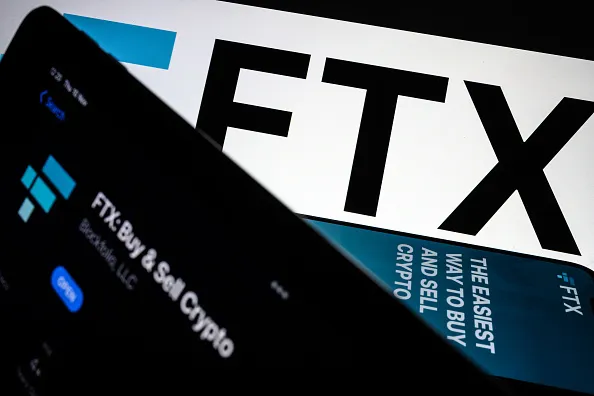On March 13, 2025, the Turkish Capital Markets Board (CMB) introduced a new regulatory framework to enhance oversight and establish stricter operational standards for cryptocurrency exchanges, custodians, and wallet service providers in Turkey. This initiative aims to bolster market transparency and protect investors by requiring crypto businesses to adhere to rigorous reporting and compliance measures.
Under the new rules, platforms must prepare numbered transaction forms detailing the type, quantity, price, commissions, and expenses of crypto assets, while also providing monthly account statements to customers with comprehensive data on all crypto assets bought, sold, or transferred. Additionally, customer orders can only be processed through official websites or mobile apps, prohibiting transactions via social media platforms like X or Telegram, ensuring a secure and regulated environment. Stay informed on global crypto regulations with Crypto Market Insights on news.thecoininfo.com, and explore in-depth analysis on The Coin Info Hub at thecoininfo.com.
The framework also imposes operational restrictions, banning crypto asset service providers from collecting deposits, engaging in real estate transactions for commercial purposes, or making misleading promises about expected returns, aligning with Turkey’s goal to mitigate risks in the volatile crypto space. This regulatory push follows the passage of a comprehensive crypto bill, supported by ruling party chairman Abdullah Güler, which enforces strict compliance measures, including fines up to $182,600 and potential prison sentences for unauthorized exchanges.
The stringent measures have prompted a rush among international crypto firms, with 47 exchanges applying for licenses to operate legally in Turkey, reflecting the market’s response to these changes. For crypto investors, Turkey’s approach signals a maturing regulatory landscape, but it also raises the bar for compliance, potentially limiting access for smaller players while fostering trust among institutional investors.





